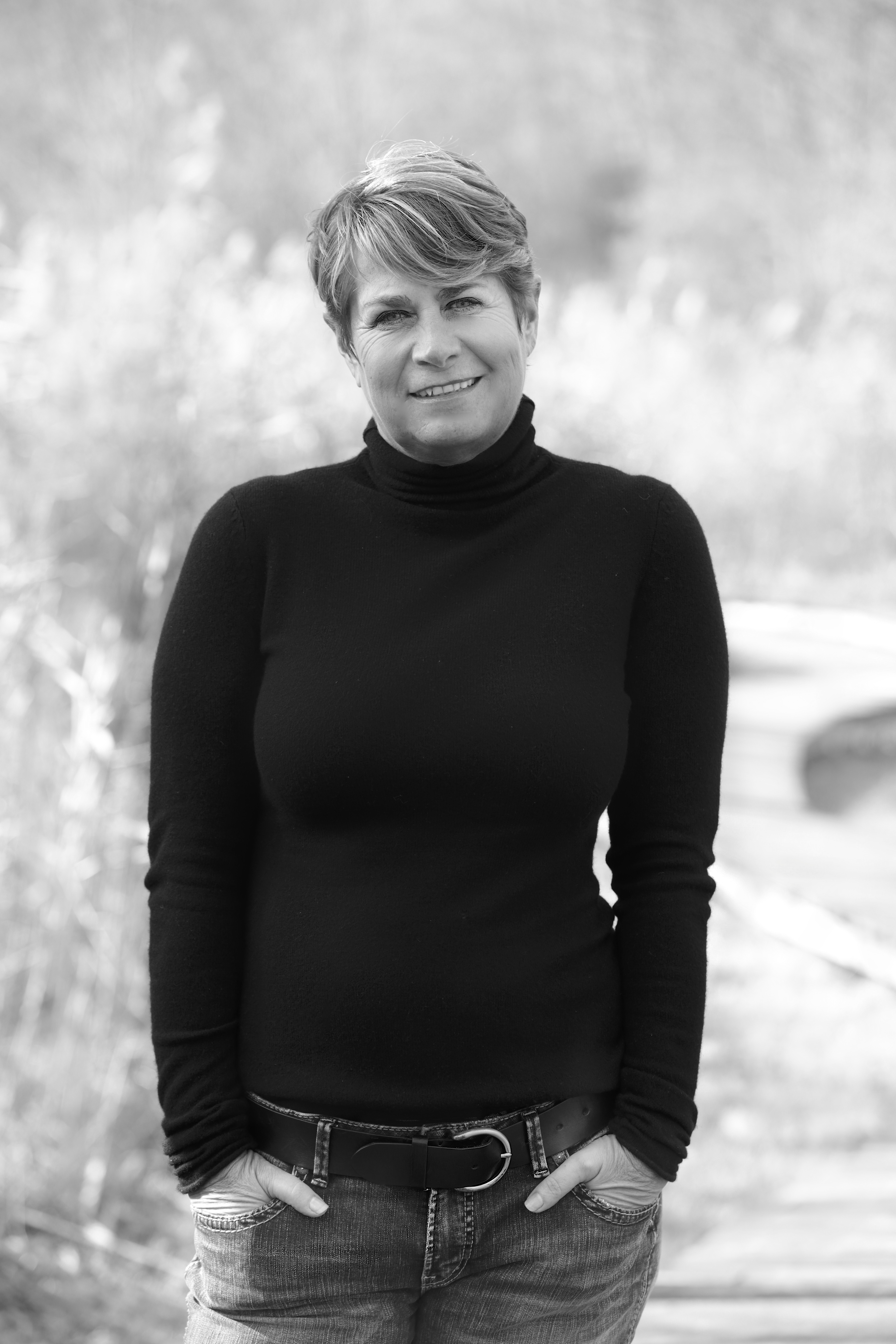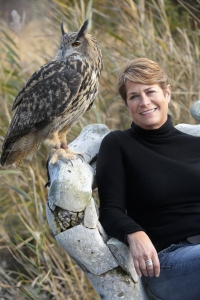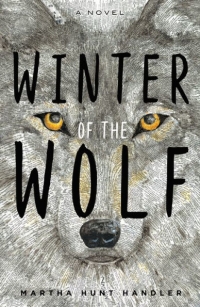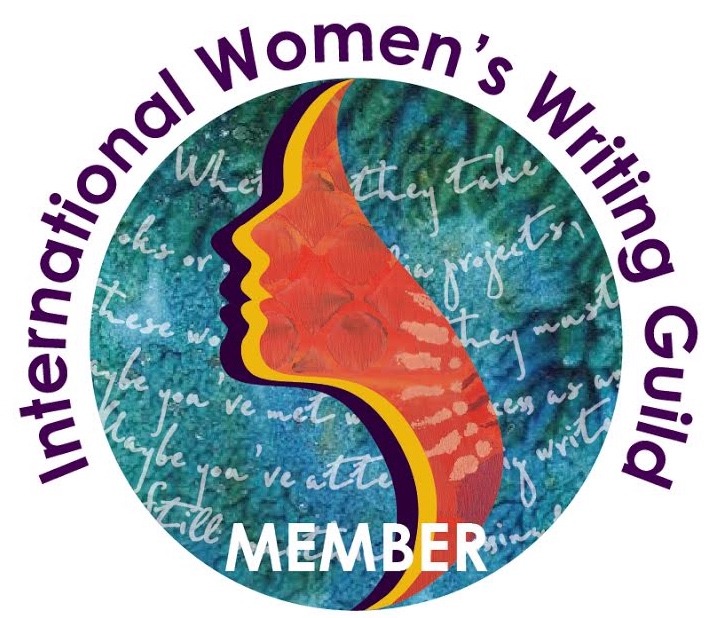My Long and Winding Road to Publication
 It’s been a long and winding road I’ve traveled from the day I first started journaling about the sudden death of my best friend's twelve-year-old son, Brendan, until the day my novel, Winter of the Wolf, finally landed at a publisher. “Long” equating to eighteen years, and “winding” because nothing about it was straight forward. And yet, as I reflect on my journey, I believe the timing was perfect.
It’s been a long and winding road I’ve traveled from the day I first started journaling about the sudden death of my best friend's twelve-year-old son, Brendan, until the day my novel, Winter of the Wolf, finally landed at a publisher. “Long” equating to eighteen years, and “winding” because nothing about it was straight forward. And yet, as I reflect on my journey, I believe the timing was perfect.
At the time of Brendan’s death, I was 42 and not a writer. I'd always been a voracious reader and had penned and illustrated my first book when I was just seven, but whenever I 'd mention wanting to be a novelist, my father warned that “writing doesn’t pay bills.”
Motivated to prove him wrong, I worked as an environmental consultant, writing technical papers. But writing about such subjects as nuclear waste and asbestos abatement wasn’t exactly making my heart soar. So, when I become pregnant with our first child, I thought I'd take a few months off to figure out what career I might find more to my liking. However, those months became years when we had four children in five years, and I put the search on hold because I was loving life as a stay-at-home mom.
But Brendan's sudden death rocked my world. I couldn't begin to comprehend how I'd survive the death of one of my children, especially if that child had chosen to end his life, as it looked like Brendan had. I wanted to comfort Brendan's mom Gretchen, but we lived thousands of miles apart, and when we’d speak by phone, our words were swallowed up by our collective grief. Though we both believed souls, being energy, never die, it didn’t provide the comfort we both so desperately needed. To sort through my conflicted and confusing feelings, I began to keep a journal.
A few years later, while skating on a lake with a girlfriend, I became mesmerized by a doe embedded in the ice. As I stared at it, I heard Brendan's voice asking me to write his story. As a child, I'd often sensed the faint murmurings of animals and plants as I hiked through the woods, but this was the first time I was hearing the voice of a person, albeit someone who'd passed.
Going out on a limb, I mentioned his voice and my sudden desire to write a novel about him to my friend, and, without hesitating, she suggested we form a writing group with another writer friend of hers. I hadn’t known either of them was writing, so the moment felt serendipitous. We started meeting monthly, and I found the experience hugely helpful. I'd finally met my peeps, and with their support and guidance, my writing became more fluid and focused.
But, alas, within the year, they both moved, and my motivation dwindled. I briefly joined a more established weekly writer's group, but I didn't particularly resonate with their stories or their critique of my work, so it felt like a waste of valuable writing time.
For the next five years, I worked on my novel very sporadically due to the demands of raising four teenagers. When they'd all grown and flown, my husband and I decided to move from the suburbs into New York City. I knew the time had come for me to get serious about my writing. As much as I wanted to start anew with a less emotionally fraught story, Brendan insisted that I first finish telling his story.
I completed my manuscript about a year later, at the age of 55. It was long and unwieldy (136,000 pages!), but I had no idea how to edit it, and, honestly, I just wanted to launch it - out the window if need be! I sent it to 8 agents who all quickly rejected it, but two added handwritten notes suggesting that rather than having an adult protagonist who's looking back on the effect her brother's death had on her life, I should let it unfold in real-time. I knew it was a big deal that these agents, or more probably, their assistants, had taken the time to read my work AND comment, but what they were actually saying was that I should SCRAP my novel and start from scratch. NO WAY. But I let the idea percolate for a few months, and in the end, I knew that though it would be much more painful to write, it was the right choice. But how was I supposed to find my new voice? I started by reading a bunch of YA books, which I found surprisingly smart and real, compared to what I’d grown up reading. After a couple of months, I had my protagonist's 15-year-old voice, but then I realized that this switch in time meant that I was telling a completely different story - one I knew the beginning and ending of, but not the middle.
In another serendipitous moment, someone mentioned that they had a friend who was a book coach. After doing a bit of research, I knew this would be a perfect option for me. To make a long story short, her friend, Jenny Nash, became my book coach, and that simple act immensely changed the trajectory of my novel.
Jenny is no-nonsense. She gave me assignments with strict deadlines. I found her bullwhip approach was just what I needed. My first assignment was to explain and illustrate why I was writing the novel, and then she had me write out an outline of my book, chapter by chapter. For each, I had to write; a presenting issue, a resolution, and create an ending scene that would propel the reader forward. Before sending her chapters, she asked me to carefully review each sentence and delete those that didn't drive the plot, or illuminate a scene or a character. OUCH! (More than once she wrote "this is a great bit, but it doesn’t belong in this novel.”)
In a year, my novel was complete, and I was super optimistic that I'd quickly find an agent and publisher. Fifteen rejections later, my heart was crushed. Then, on a whim, I went to hear a literary agent speak about publishing options. I knew the standard route dictated by the big publishing houses, and I knew about self-publishing, but I'd never heard of hybrid publishers. The next day, just as I was about to email Jenny asking why she'd never mentioned this option, she emailed asking if she could pass on my novel to a hybrid publishing house. The rest, as they say, is history.
So, why did I say that my novel unfolded perfectly? Because the subjects touched on in my book are more timely and relevant, then they would have been 18 years ago, and because I believe I've told a remarkable story that I can be immensely proud of.



